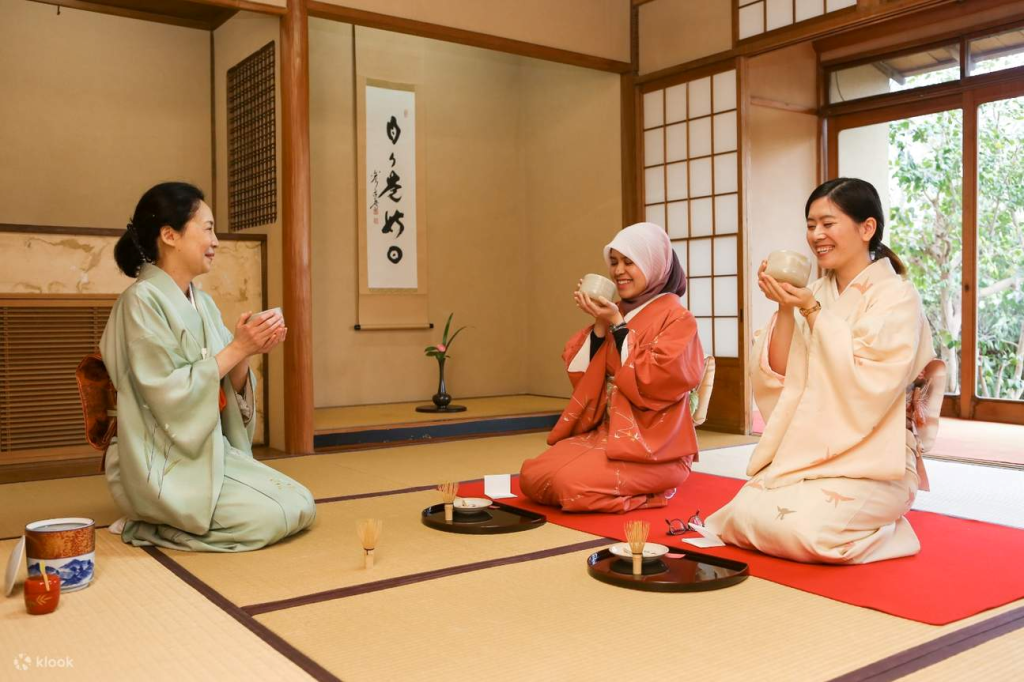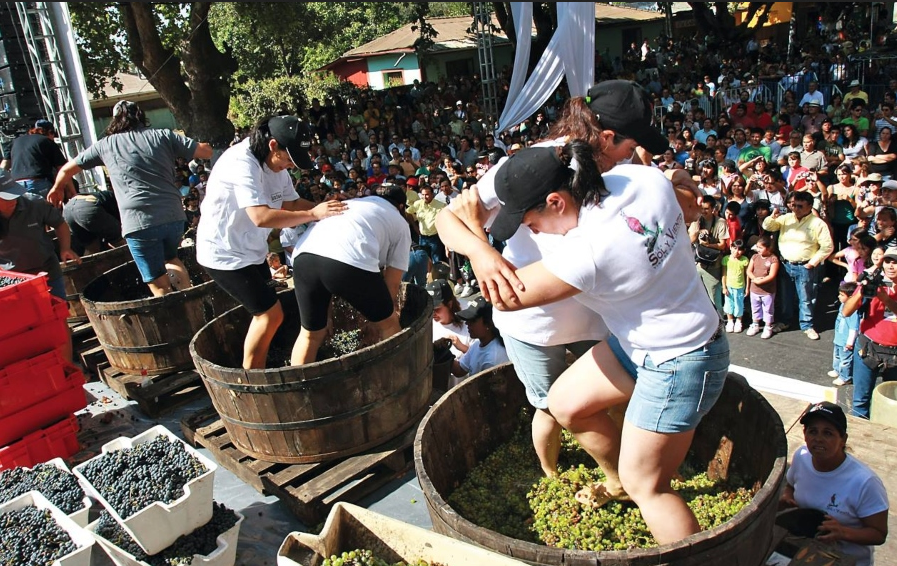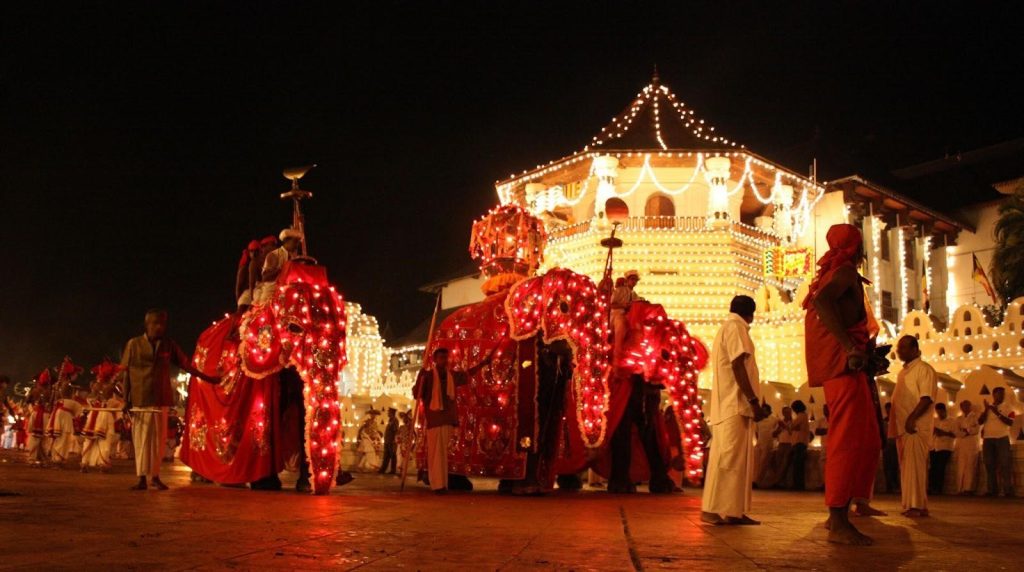Israel is a country that celebrates many religious and cultural festivals throughout the year. These festivals are an important part of Israeli culture and reflect the diversity of the country.
Passover (Pesach)
Passover is one of the most significant festivals in Israel, and it commemorates the Israelites’ exodus from Egypt. The festival begins on the 15th day of the Jewish month of Nissan and lasts for seven or eight days. During Passover, Jews abstain from eating leavened bread and instead eat matzah, or unleavened bread. They also hold a Passover seder, which is a special meal that includes the telling of the story of the exodus. (The Israel Ministry of Tourism, n.d.)

https://jewishunpacked.com/how-to-celebrate-passover/
Shavuot
Shavuot is a festival that takes place seven weeks after Passover, on the sixth day of the Hebrew month of Sivan. The festival celebrates the giving of the Torah to the Israelites at Mount Sinai. Jews traditionally read the Book of Ruth during Shavuot and eat dairy foods. In addition, many communities stay up all night studying Torah. (The Israel Ministry of Tourism, n.d.)

https://www.israel21c.org/8-fun-facts-about-shavuot-in-israel/
Rosh Hashanah
Rosh Hashanah is the Jewish New Year and is celebrated on the first and second days of the Hebrew month of Tishrei. During Rosh Hashanah, Jews attend synagogue services and listen to the sounding of the shofar, a hollowed-out ram’s horn. They also eat symbolic foods, such as apples dipped in honey, to signify a sweet new year. (The Israel Ministry of Tourism, n.d.)
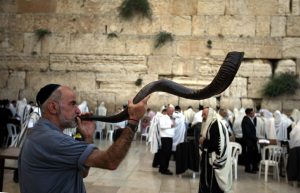
https://edition.cnn.com/2013/06/11/world/rosh-hashanah-fast-facts/index.html
Yom Kippur
Yom Kippur is the Day of Atonement and is considered the holiest day of the Jewish year. It takes place on the tenth day of the Hebrew month of Tishrei, ten days after Rosh Hashanah. During Yom Kippur, Jews fast for 25 hours and attend synagogue services. The day is focused on repentance and asking for forgiveness for one’s sins. (The Israel Ministry of Tourism, n.d.)
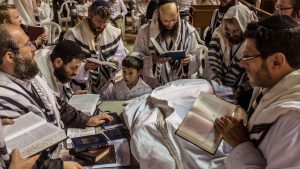
https://www.nationalgeographic.com/history/article/yom-kippur-history-traditions
Sukkot
Sukkot is a festival that lasts for seven days and is celebrated on the 15th day of the Hebrew month of Tishrei. During Sukkot, Jews build temporary booths called sukkahs and eat their meals inside them. The festival commemorates the Israelites’ journey through the desert and the temporary dwellings they lived in during that time. (The Israel Ministry of Tourism, n.d.)
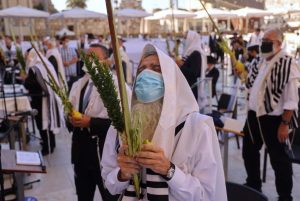
https://www.middleeasteye.net/discover/sukkot-jewish-celebration-explained-what
Hanukkah
Hanukkah is an eight-day festival that celebrates the rededication of the Second Temple in Jerusalem after it was desecrated by the Greeks. The festival takes place on the 25th day of the Hebrew month of Kislev and involves the lighting of candles on a special menorah. Jews also eat foods fried in oil, such as latkes and sufganiyot, to commemorate the miracle of the oil that burned for eight days. (The Israel Ministry of Tourism, n.d.)
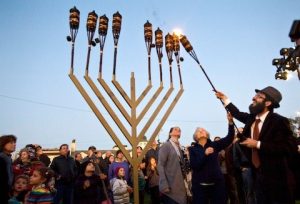
Purim
Purim is a festival that commemorates the salvation of the Jews from the evil Haman, who had plotted to exterminate them in ancient Persia. The festival takes place on the 14th day of the Hebrew month of Adar and involves reading the Book of Esther, wearing costumes, and giving gifts of food to friends and family. (The Israel Ministry of Tourism, n.d.)
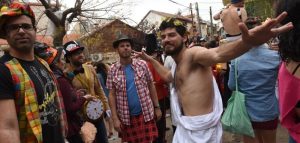
In conclusion, Israel is a country that celebrates many festivals throughout the year, reflecting the diversity of its culture and religion.

